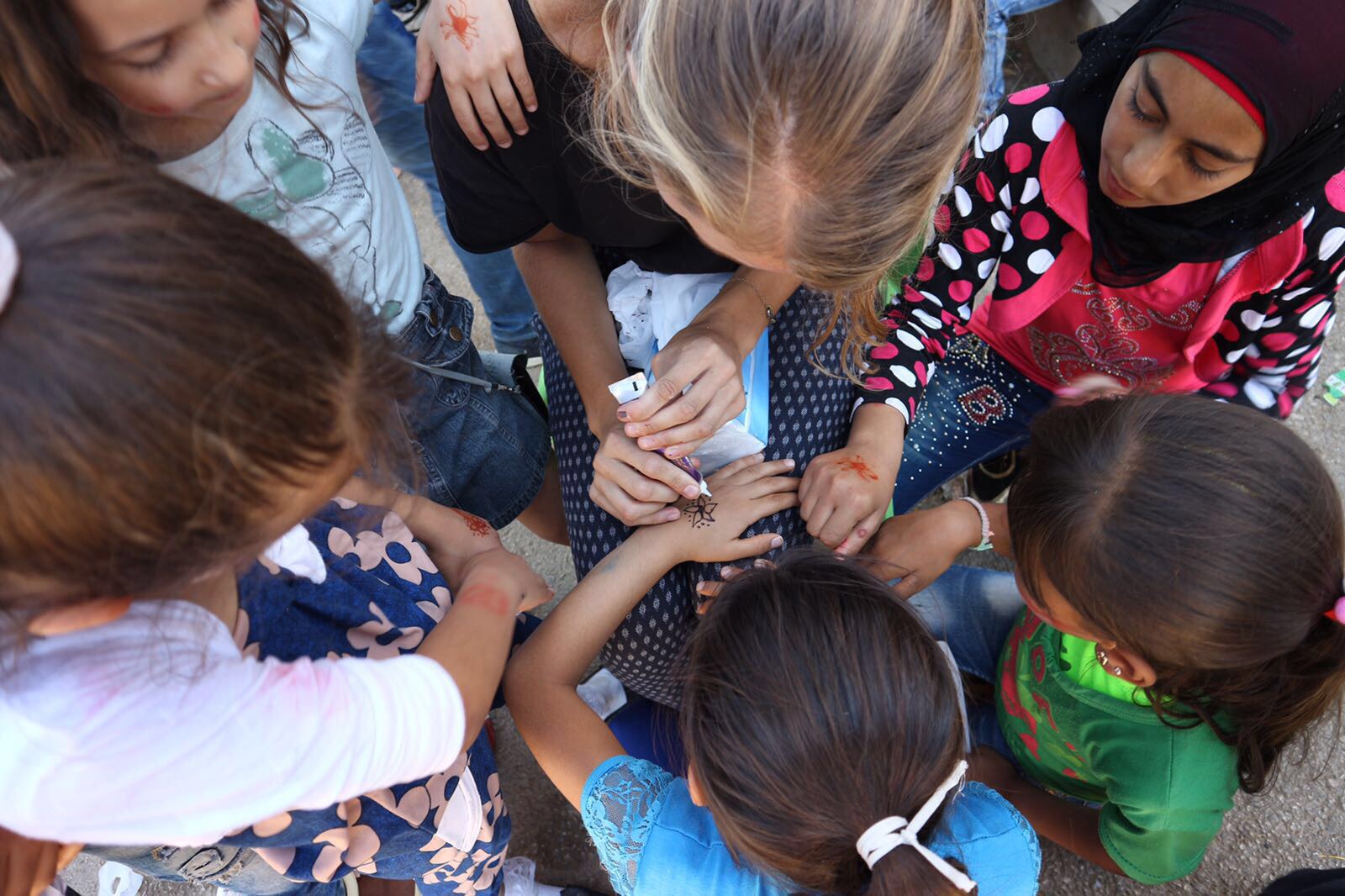
I guess no one in Europe has been able to escape the media coverage of people arriving in Greece or Italy in small rubber boats. However, I doubt that many of them have actually met such a ‘refugee’ and have heard the stories that they carry with them. A few years ago, this was me: I felt very touched by the refugees’ well-being, but all my information about the topic came from the media. Despite trying so hard to understand their reality, the category of ‘refugee’ remained a group of anonymous, homogeneous people to me. I found it extremely difficult to think beyond the ideas of ‘refugees flee war’ and ‘refugees come in rubber boats to Europe’.
I imagine others might recognize this experience as their own. Last week, I accompanied one of my Syrian colleagues to a show of a local choir in the East of the Netherlands, where he was invited to tell his flight story. For a large part of the audience, this was the first time they heard a story of someone from Syria in real life. Matching the images that you have seen on the news – people in orange life-jackets on overcrowded boats or tired of waiting at a border crossing, a combination of uncertainty and hope in their eyes – with an actual person who has experienced this, is confronting.
I remember my first time hearing a personal story of a refugee. I realised that everyone fleeing from war or arriving in Europe by rubber boat is an individual human being with his or her own, unique history. Because of this, the category of ‘refugees’ lost its meaning to me and ‘refugees’ turned into individuals, just like you and me. The opportunities to go beyond such categorizations – and to see refugees as our equals – lies, in my opinion, in the power of personal encounters. This became evident again to me last week, when a couple from the audience approached me to say ‘even though it makes us a bit nervous, we would like to invite a Syrian family to our home’.
Rozemarijn Weyers graduated from the University of Amsterdam with a BA in Sociology and Middle Eastern studies. After spending several months working with Syrian communities in Turkey and Lebanon, she nowadays focuses on the Syrian population in the Netherlands through her work with a local peace NGO.

 Is Nuclear Disarmament Still a Dream? The Third Meeting of State Parties in Perspective
Is Nuclear Disarmament Still a Dream? The Third Meeting of State Parties in Perspective  Strategic Saboteur: Hungary’s Entrenched Illiberalism and the Fracturing of EU Cohesion
Strategic Saboteur: Hungary’s Entrenched Illiberalism and the Fracturing of EU Cohesion  The invention of development: power, narrative, and the afterlife of Truman’s speech
The invention of development: power, narrative, and the afterlife of Truman’s speech  Is the World Trade Organisation a Failure?
Is the World Trade Organisation a Failure? 


